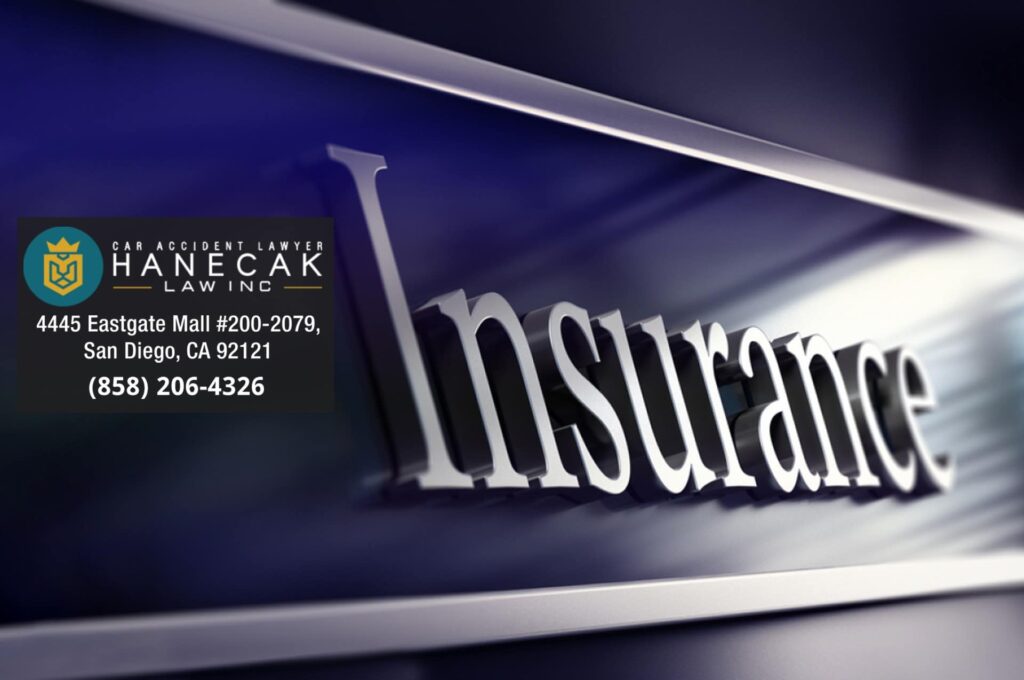In Part I, we discussed how insurance adjusters use delay to their advantage in your car accident injury claim. The longer things go on, the longer they can hold their money and create a defense. But even when a claim is settled quickly, insurance companies know they’re paying well below the value of a claim unless the injuries are significant enough to meet the policy limits . Another trick that insurance companies will use is called a “Recorded Statement.”
Every car insurance policy has a “duty to cooperate” with your insurer. This means if you’re insured by AAA, you have a duty to cooperate with them. This includes notifying them of any accidents, property damage, communicating with them, and more. In many cases, this doesn’t really apply outside of notifying them of the accident and possibly getting your car fixed. Most often, claims are handled through the at-fault party’s insurance. And this makes a huge difference.
While you have a duty to cooperate with your own insurance, there is no such duty with the at-fault party’s insurer. You didn’t sign a contract with them and they don’t insure you. But they will make it seem like you’re required to provide everything they request to process your claim. One of these is a Recorded Statement.
Tactic #2: The Recorded Statement
What is a recorded statement for an insurance company?
A recorded statement is exactly how it sounds. The adjuster will call you up, ask for permission to record the call (in California consent is required), and then they will ask you about what happened. They may go silent and allow you to speak, ask questions, or a combination of both.
It seems harmless. And makes sense. The insurance company needs to hear the story directly from the car accident victim. But this is why the tricks work so well.
Can a recorded statement hurt my injury claim?
Yes! Insurance adjusters are trained to ask questions and get answers designed to hurt your claim. Even what appear to be harmless answers can get your claim denied. There is one purpose for the recorded statement: to hurt your claim.
The recoded statement locks you into a story. They will contact you right after the accident to obtain it. This makes sense. Memories will fade and maybe it won’t be as clear down the road. But is also works in the other direction. It can take weeks or months for injuries to fully show themselves. Maybe it’s only been a day or two and you’re only sore. Maybe you haven’t even been to a doctor yet.
If you say you’re feeling fine, but then months down the road you’re seeing different doctors for different injuries, the insurance companies can use your own words against you. Or maybe the adjuster says “thankfully you weren’t really injured!” While this sounds like they’re conveying sympathy, they could be using it to record you saying your injuries aren’t that bad. The whole idea is to use your own words against you later on.
Should I give a recorded statement to the insurance company?
This is where the duty to cooperate we discussed early comes into play. If it’s your own insurance, you’re required to give one. But if it’s the at-fault party’s insurer, then we recommend speaking with a San Diego car accident lawyer first. Even if you don’t hire a lawyer, they can give you an idea of what you’re up against and what duties you may have.
San Diego Car Accident Lawyer
My name is Daniel Hanecak and I am a San Diego Car Accident Lawyer. I know from personal experience how stressful and time consuming a car accident can be. When you call Hanecak Law Inc., you will speak with me directly. It is my aim to provide you with free and friendly advice. Call me today at (858) 206-4326 for a free case evaluation.
If you’d like to see what others say about me, please look at my profile pages on:
Part I: Delay
Part III: False Sense of Security














